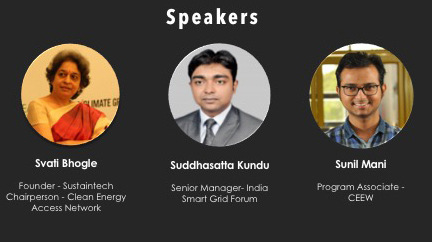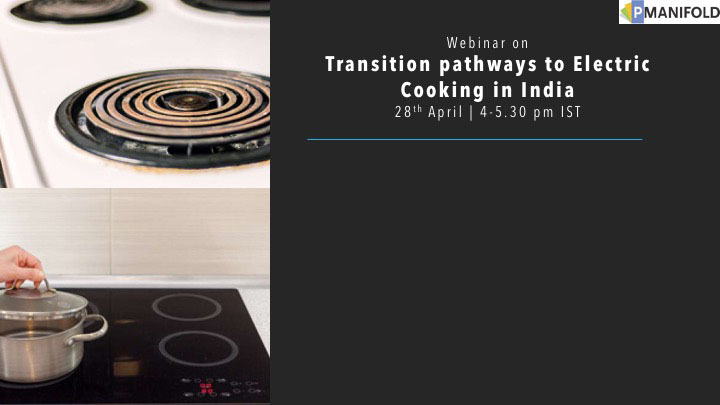Approximately 40% (2.8 billion people) of the global population still cooks with either wood, dung, coal, or charcoal. Nearly 84% of rural Indian households cook on stoves that use solid or biomass fuels.
In India, women spend an hour every day collecting firewood. This time dedicated to collecting firewood and cooking limits their ability to attend school and generate income. Moreover, women are exposed to toxic pollutants released from the burning of solid fuels (wood, charcoal, etc.).
Also, the burning of solid fuel in inefficient traditional stoves is responsible for the emission of various indoor air pollutants, which have direct and indirect impacts on the health of women and children. According to the Global Burden of Disease estimation, solid fuel burning for cooking accounted for 6 lakh premature deaths in 2019 in India. Thus, it is need of the hour to transition to electric cooking solutions which include access to electricity, and cleaner, more efficient stoves.
The ‘Go Electric’ campaign launched by the Bureau of Energy Efficiency (BEE) talks about spreading awareness on the benefits of electric cooking in India. The draft National Energy Policy by NITI Aayog also aims to achieve access to clean cooking energy for all by 2022, emphasizing electric-based cooking. Despite the benefits of electric stoves and impetus from the government, their widespread penetration and adoption are still limited in both rural and urban areas. Therefore there is a need for technical, economical, and political interventions to bring about a transition from highly-polluting traditional cooking solutions to electric cooking solutions.
This Webinar shall focus on understanding the different transition pathways for electric cooking in India with key discussion points around
- Electric cooking solutions
- Challenges for growth
- Areas of interventions to help mass adoption



